Materials We Use
Materials We Use
The materials we choose for our products are from 100% natural materials (wheat, bamboo, coconut, grass), biodegradable (paper) and unbreakable (stainless steel). We are constantly on the lookout for more innovative and natural materials that can be used in our daily lives to replace less eco-friendly products.

Paper
Paper is a thin material produced by pressing together moist fibers of cellulose pulp derived from wood, rags or grasses, and drying them into flexible sheets. It is a versatile material with many uses.
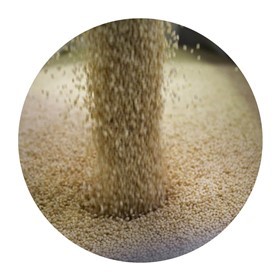
Wheat
Wheat straw is the stalk left over after wheat grains are harvested. Traditionally, it has been treated as a waste. In some countries, farmers burn it, contributing to air pollution and creating a public health hazard. However, these stalks still have value. We reclaim this material and use it to make our wheat straw products.

Bamboo
Bamboo is one of the strongest natural raw materials, in its purest form or incorporated in other materials such as bagasse pulp to make it stronger. Bamboo is the ultimate material for high quality disposable tableware.
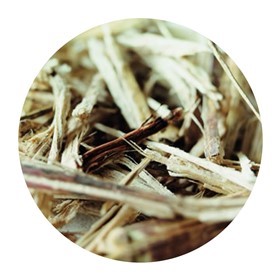
Grass
Grey sedge grass of the species Lepironia Articulata can be used as straws after it has been cleaned and cut into approximately 20-centimetre lengths. An iron rod is then used to clean the hollow stem.

Coconut
Real coconuts are used to produce eco-friendly and ethical products for our daily needs!
Unique by nature, each coconut bowl has it’s own individual color, size and shape and is finished with a coconut oil polish. Coconut can be used to produce other materials such as cutlery!
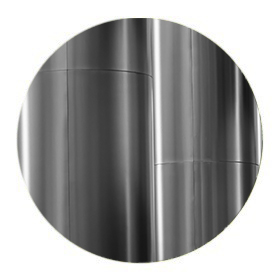
Stainless Steel
Stainless steel’s non-corrosive characteristic gives it a long lifespan. There are many benefits to using stainless steel cups. Plastic and glass cups cannot match the safety, durability, and sustainability of stainless steel cups. These cups offer strong impact resistance. They are 100% reusable and recyclable.
Biodegrade times
Here’s how long it takes for some commonly used products to
biodegrade when they are scattered about as litter.
Cotton rags: 1-5 months
Paper: 2-5 months
Rope: 3-14 months
Orange peels: 6 months
Wool socks: 1 to 5 years
Cigarette butts: 1 to 12 years
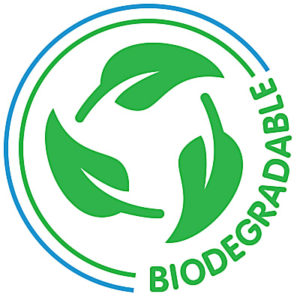
Biodegradable
A “biodegradable” product has the ability to break down, safely and relatively quickly, by biological means, into the raw materials of nature and disappear into the environment. These products can be solids biodegrading into the soil (which we also refer to as compostable), or liquids biodegrading into water. Biodegradable plastic is intended to break up when exposed to microorganisms (a natural ingredient such as cornstarch or vegetable oil is added to achieve this result).
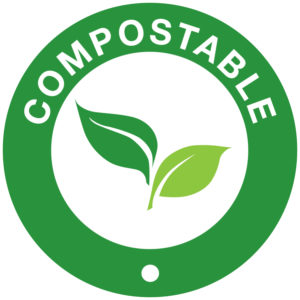
Compostable
Compostable means that a product is capable of disintegrating into natural elements in a compost environment, leaving no toxicity in the soil. This typically must occur in about 90 days. Some companies advertise their products as merely biodegradable. This is not necessarily a good thing since nearly everything will biodegrade in 10,000 years!
A product that is “compostable” is one that can be placed into a composition of decaying biodegradable materials, and eventually turns into a nutrient-rich material. It is almost synonymous with “biodegradable”, except it is limited to solid materials and does not refer to liquids.
Composting occurs in nature every day as fallen leaves and tree limbs biodegrade into the forest floor. The EPA considers composting a form of recycling because it turns resources into a usable product.
Contact Us
We are looking forward to hearing from you!

